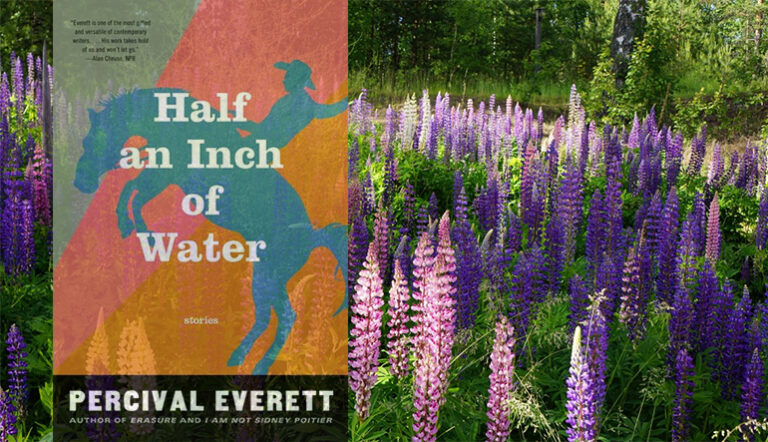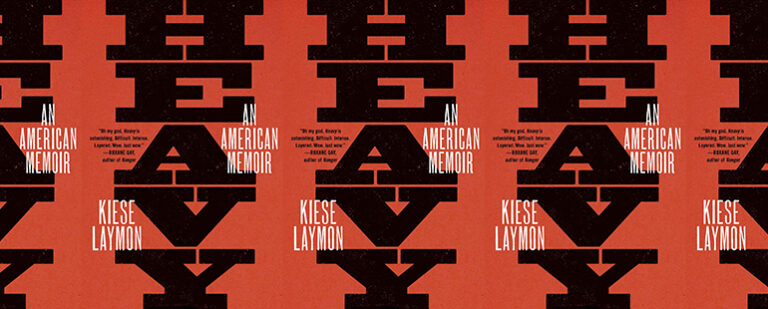And Then We Came to the End: One Year & Fourteen Books Later
I suck at endings.
But that’s something a lot of people say, isn’t it? As if everyone else is really good at quitting a job or relationship or saying goodbye or ending a story. (I’ve never met anyone who claims special talent at this. Ever.)
So much rides on an ending—it’s the final impression, the takeaway, the taste in your mouth once it’s all over. The pressure of it can be, well, paralyzing. That’s where I find myself now, a few days into 2014, my year of reading 100-year-old books decidedly over. I feel the need for some grand conclusion, some glittery lesson learned.
But mostly what I’m feeling is this: I’m going to miss it. I’m going to miss the books themselves—the half-cracked spines, the musty pages. I’m going to miss the packages from booksellers in far flung places, the unorganized used bookstores where I’d have to squeeze between precariously stacked books.
I’ve rewritten this post probably five times because it was wincingly obvious I was trying too hard—to be funny, to be smart, to be deep—about this entire experience. To be honest, 2013 was an odd year to dive so deeply into the past. The invitation to write for the Ploughshares blog arrived one afternoon while I stood in line for a coffee at my favorite shop. It was the last coffee I would enjoy for a long, long while.
Turned out I was several weeks pregnant.
I wasn’t sure if I even wanted to be pregnant. For many months, I was gray-skinned and grumpy and sick, always sick. But. I had old books to find and read and write about. So when I could lift my head, I did. When all I wanted to do was curl up and turn away from the world, I pulled a hefty book with me. (And trust me, they were all hefty. Did authors get paid by the word?!?) In the waiting for this babe to come and pregnancy to end, I read. In the first days and weeks and months after her arrival when I was learning 50 new things all at once, I read.
So while I’d like to impress you with my depth and literary acumen about the reading this last year, all I can really say is: books saved me. Again. They were my escape, my comfort, my companion, my distraction, my teachers. And they were all more than 100 years old.
But really, I shouldn’t have been surprised. Back with my very first post, I confessed what I really wanted with this endeavor was evidence of life, the fact that someone had been here before, had survived loss and love and bliss and devastation and confusion and success and spring and summer and fall and winter—especially winter. And yes, babies.
This year, I don’t have to be so diligent about that 1913 publication date. I can read whatever I want, which feels strange. I’m going to miss having a purpose, an excuse to tuck into the couch and read. I’m going to miss the security that came from the near-constant reminder that a hundred years doesn’t change the essential “us-ness” of what we read: We love, we lose, we invent, we critique, we begin and end, and begin again.


